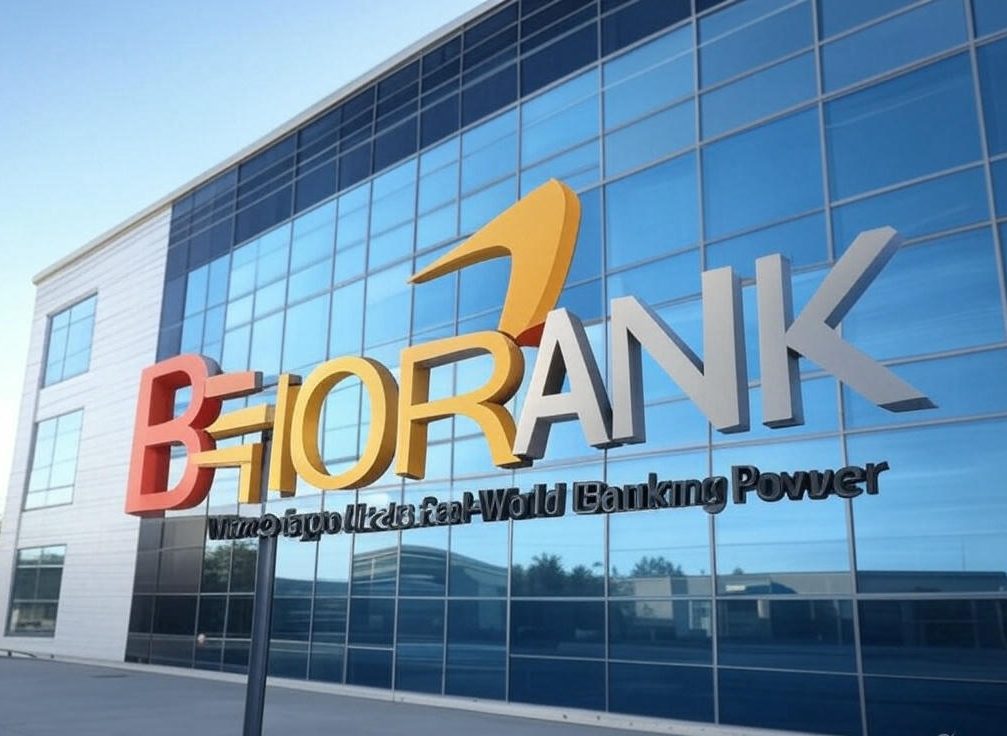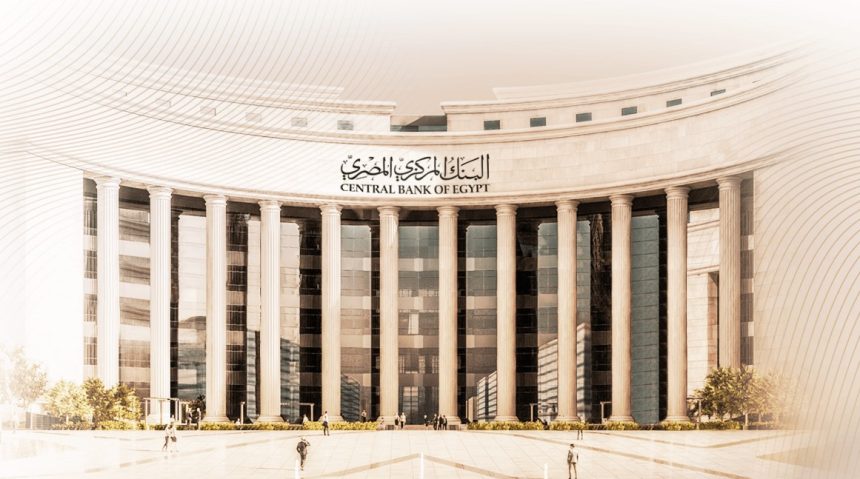White House Floats Using Gold Reserves to Boost Bitcoin Holdings
March 25, 2025 06:33 PDT — Washington, D.C.
The White House has sparked a firestorm of debate across financial markets by suggesting the U.S. could tap its vast gold reserves to acquire more Bitcoin, a move that could redefine the nation’s approach to digital assets. Bo Hines, executive director of the President’s Council of Advisers on Digital Assets, dropped the bombshell in a recent interview, hinting at a “budget-neutral” strategy to bolster America’s cryptocurrency stash without dipping into taxpayer funds.

White House Says Gold Reserves May Be Used to Purchase Bitcoin
Speaking on the Crypto in America podcast, Hines pointed to the potential revaluation of Federal Reserve gold certificates—last priced decades ago—as a funding mechanism. “If we realize the gains on our gold holdings, that could be a way to acquire more Bitcoin,” he said, nodding to the Bitcoin Act of 2025, a bill reintroduced by Senator Cynthia Lummis (R-WY) that calls for the U.S. to amass up to 1 million BTC over five years. At current prices hovering around $85,000 per Bitcoin, that’s an $85 billion shopping spree.
The U.S. sits on roughly 8,133 metric tons of gold, valued at over $600 billion at today’s rates—a stockpile dwarfing its existing Bitcoin holdings of about 200,000 BTC (worth $17 billion), mostly seized from criminal cases. Hines didn’t specify how much gold might be sold, but the idea has already jolted traders. Bitcoin ticked up 2% to $86,700 in early trading Tuesday, while gold futures dipped 1.5% as markets digested the shift.
President Donald Trump, a vocal crypto advocate since his 2024 campaign, has championed Bitcoin as “digital gold” and pledged to make the U.S. the “crypto capital of the world.” The administration’s Strategic Bitcoin Reserve, established via executive order earlier this month, already prohibits selling off its BTC stash—likening it to a “digital Fort Knox.” Now, leveraging gold to buy more could turbocharge that vision, aligning with Trump’s broader push to diversify U.S. reserves amid global economic uncertainty.
Wall Street’s reaction was swift and polarized. “This is a game-changer if they pull it off,” said Ed Hindi, CIO at Tyr Capital, predicting Bitcoin could test $125,000 by year-end. Others balked. “Swapping a tangible asset with millennia of value for a volatile digital one is reckless,” countered Peter Schiff, a gold bug and crypto skeptic, in a post on X. Posts on the platform reflected the divide, with some hailing a “new monetary era” and others decrying a “rape of America’s wealth.”
The mechanics remain murky. Hines suggested proceeds from revalued gold certificates could fund purchases without Congressional approval, but analysts warn of logistical hurdles—selling physical gold could tank prices, and the Fed’s balance sheet isn’t a piggy bank. Treasury Secretary Scott Bessent, in a Friday CNBC interview, stayed coy: “We’ll start with seized assets and see where it goes.”
Risks abound. Bitcoin’s notorious volatility—down from a $110,000 peak in December—clashes with gold’s stability, and cybersecurity threats loom over digital reserves. Yet, the White House sees upside in a world where central banks from China to Russia are eyeing crypto plays. “This could cement U.S. dominance in the digital asset race,” Hines argued.
For now, it’s a proposal, not policy. But with Trump’s crypto summit last week and legislative momentum building, markets are bracing for a wild ride.




